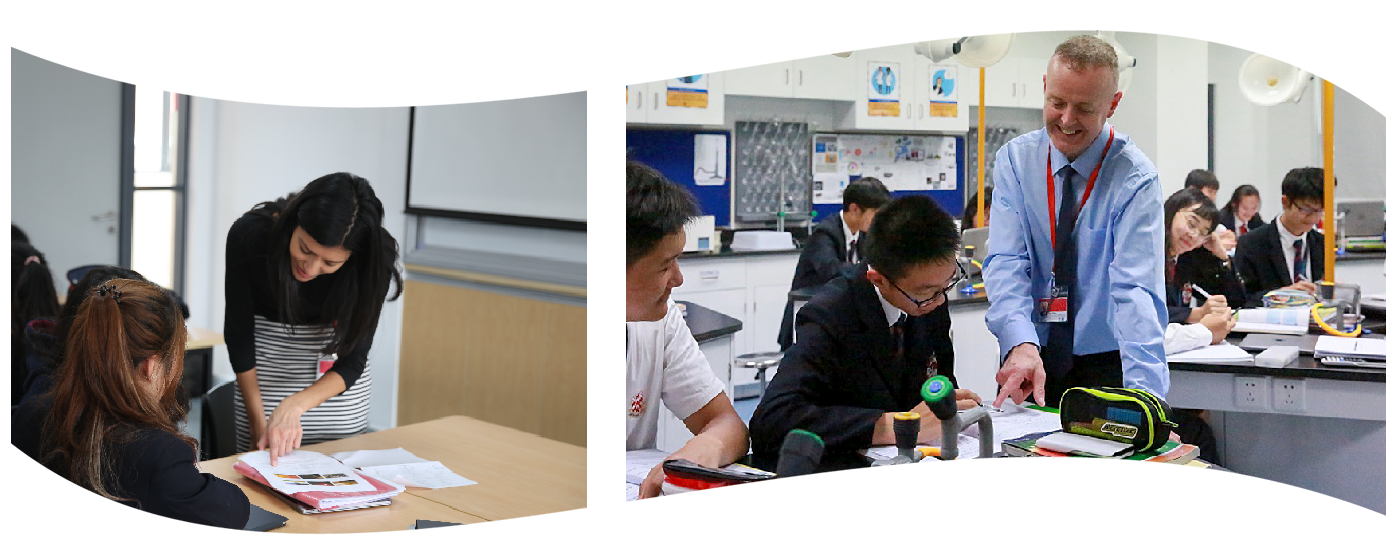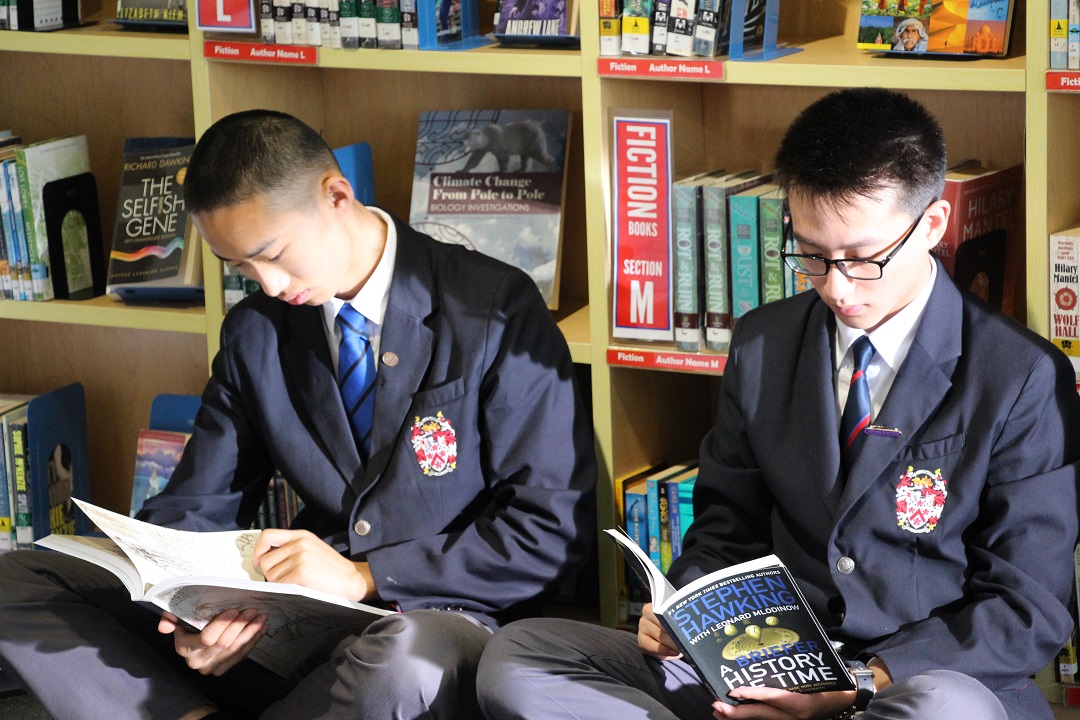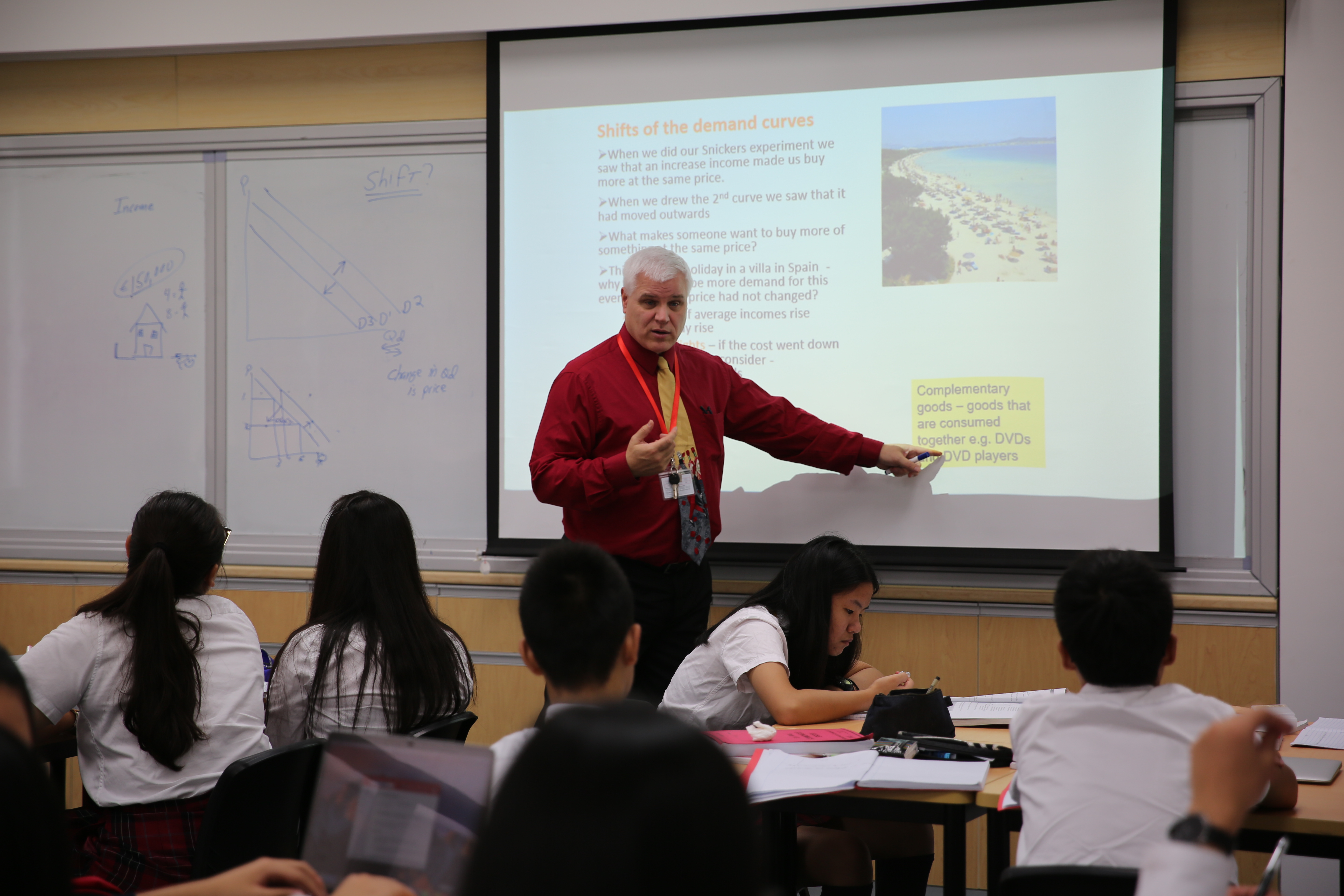Learning Principle 7 | Emma Waller & Richard Nunns


Learning Principle 7: Learners are appropriately challenged; learning is appropriately scaffolded
In our final look at the Dulwich International High School Suzhou learning principles, the conditions we believe foster effective learning, we will consider the role of challenge and scaffolding.
By ‘scaffolding’ we mean providing ‘just enough’ support to enable students to progress faster whilst allowing ownership of the learning. In practice, teachers will often first use a teacher demonstration, ‘I do it’. Then, they will skilfully guide students to practice in a variety of contexts with teacher monitoring and feedback, ‘we do it’. Finally, teachers will carefully monitor students as they continue to choose and use the skills and apply the knowledge independently, ‘you do it’. Slowly removing the scaffolding, at a rate appropriate to each individual, students develop independence and deep understanding.

Whilst students are working more independently, they still need to be clear about what they should be learning, and where their learning should be at the end of the task. Therefore rubrics are widely used to structure this.
Educational research is clear that offering opportunities for challenge and appropriate scaffolding can allow all students to progress effectively, both academically and holistically. At DHSZ we value the uniqueness of each of our students, who deserve to have their individual needs met in each and every lesson.

In lessons throughout the school challenge tasks are provided to enable all students to challenge themselves and excel. Many of these tasks are chosen by the students themselves to allow better personalisation and to support a high level of student engagement and more effective learning. This is done in different ways. In economics, for example, the use of ‘Microsoft Teams’ software has enabled the teachers to offer students choice of tasks at different levels.
In the science department, teachers often front load the key vocabulary for each topic. This allows the students to access the concepts and not be bogged down with learning the key English word sat the same time. Group work and collaborative learning is a key way that science teachers allow for challenge and scaffolding in lessons. Allowing students to build on ideas together helps students to improve not only their knowledge but also skills such as creativity and critical thinking.
In lessons throughout the school challenge tasks are provided to enable all students to challenge themselves and excel. Many of these tasks are chosen by the students themselves to allow better personalisation and to support a high level of student engagement and more effective learning. This is done in different ways. In economics, for example, the use of ‘Microsoft Teams’ software has enabled the teachers to offer students choice of tasks at different levels.
In the science department, teachers often front load the key vocabulary for each topic. This allows the students to access the concepts and not be bogged down with learning the key English word sat the same time. Group work and collaborative learning is a key way that science teachers allow for challenge and scaffolding in lessons. Allowing students to build on ideas together helps students to improve not only their knowledge but also skills such as creativity and critical thinking.






